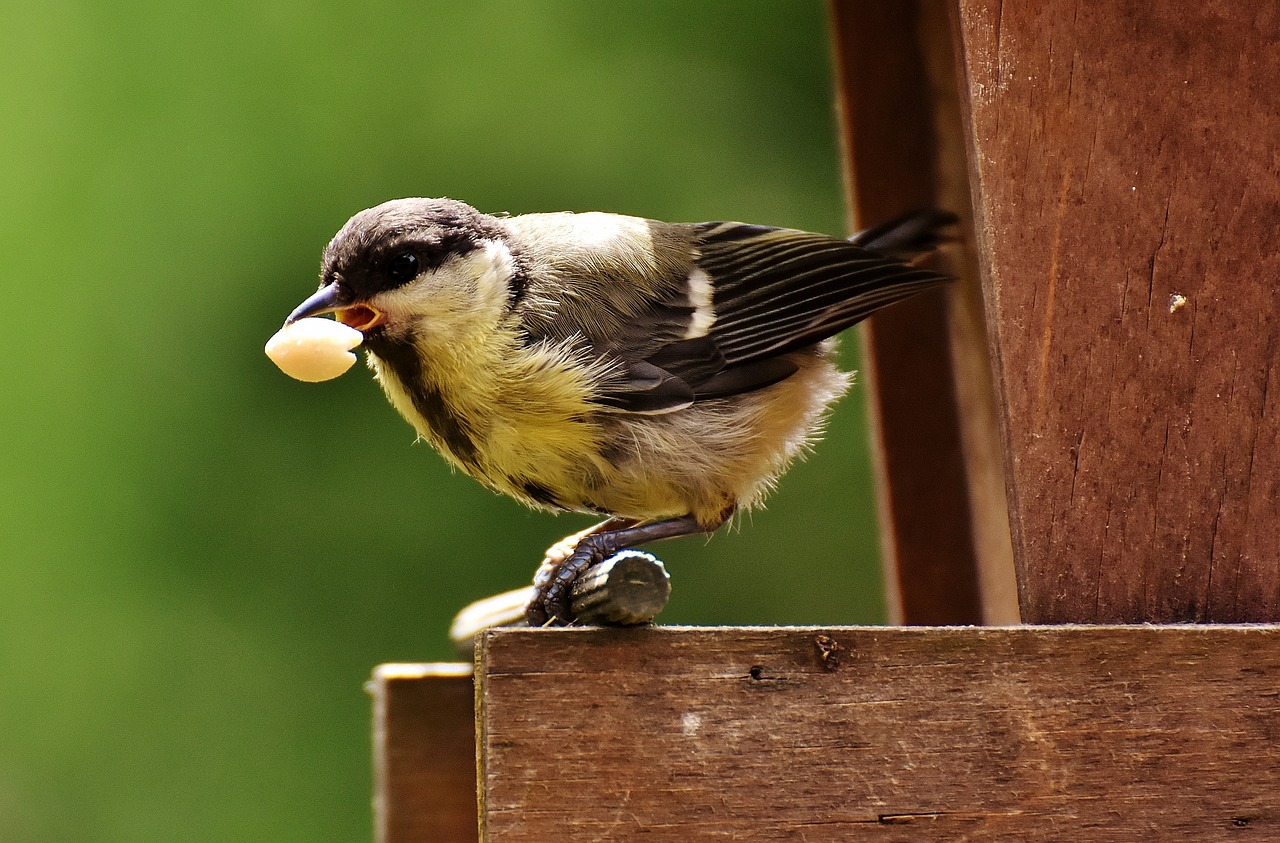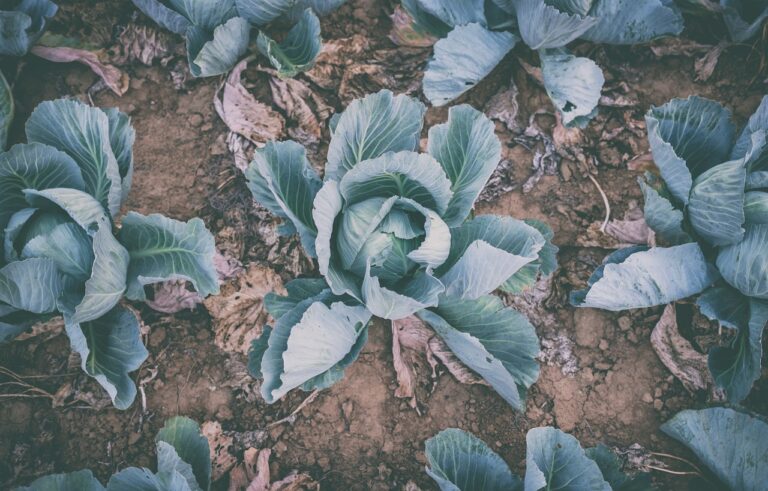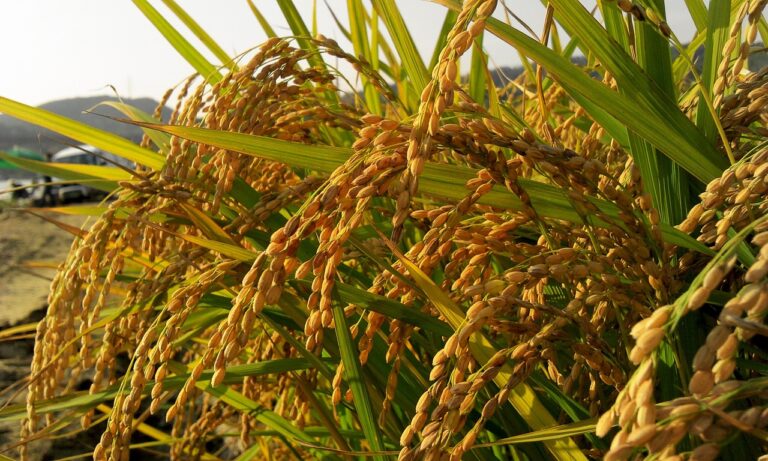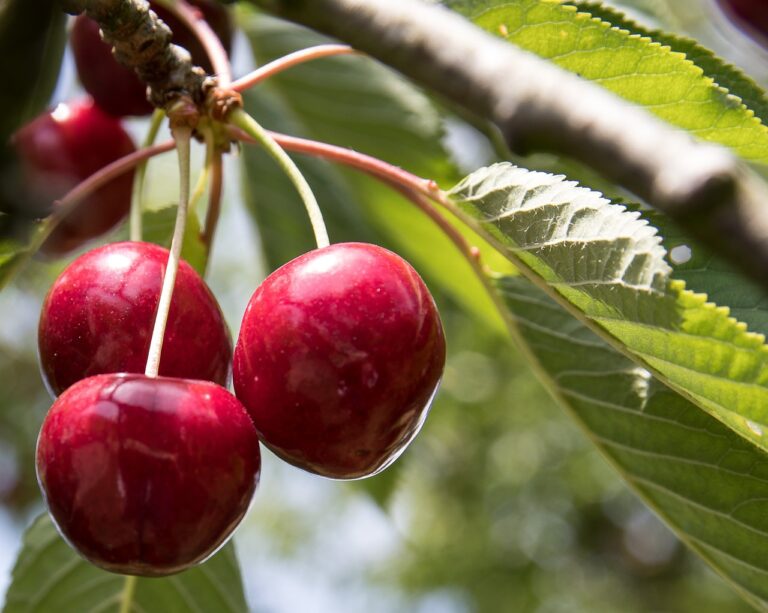Food Sovereignty and Indigenous Communities: Preserving Traditional Food Systems
Preserving traditional food systems in Indigenous communities is a complex task fraught with numerous challenges. One significant obstacle is the loss of land, which restricts access to traditional hunting, fishing, and gathering grounds. Environmental degradation, caused by activities such as mining and deforestation, further threatens the natural resources on which these food systems rely.
Additionally, globalization and the encroachment of Western food systems have introduced processed and unhealthy food options, leading to a decline in the consumption of traditional foods. This shift not only impacts the physical health of Indigenous peoples but also undermines the cultural significance and spiritual connections associated with traditional food practices. Maintaining and revitalizing these food systems require a multifaceted approach that addresses the systemic inequalities and historical injustices that continue to hinder Indigenous communities’ access to their traditional foods.
• Loss of land restricts access to traditional hunting, fishing, and gathering grounds
• Environmental degradation threatens natural resources
• Globalization introduces processed and unhealthy food options
• Decline in consumption of traditional foods impacts physical health and cultural significance
• Systemic inequalities and historical injustices hinder access to traditional foods
The importance of traditional foods in Indigenous culture and identity
Traditional foods hold a deeply significant role in Indigenous cultures around the world. These foods are not just a source of sustenance, but they are intertwined with spiritual beliefs, traditional practices, and community connections. In many Indigenous communities, the act of harvesting, preparing, and sharing traditional foods is a sacred practice that strengthens cultural identity and fosters a sense of belonging.
Through traditional foods, Indigenous peoples pass down ancestral knowledge and teachings from one generation to the next. The act of preparing these foods often involves storytelling, ceremonies, and rituals that reinforce cultural traditions and values. For many Indigenous individuals, the ability to access and consume traditional foods is not just about physical nourishment, but it is also a way to maintain a connection to their heritage and ancestors.
Historical impacts of colonization on Indigenous food systems
Colonization had profound effects on Indigenous food systems, disrupting the centuries-old practices that sustained communities across the globe. With the arrival of colonizers, traditional farming, fishing, and hunting methods were often replaced or suppressed in favor of Western practices.
The imposition of new agricultural techniques, land dispossession, and forced assimilation all contributed to the erosion of Indigenous food systems. These changes not only impacted the physical sources of sustenance but also disrupted the cultural and spiritual connections that Indigenous communities held with their traditional foods.
What are some challenges faced by Indigenous communities in preserving their traditional food systems?
Indigenous communities face challenges such as loss of land, access to resources, environmental degradation, and government policies that hinder their ability to maintain their traditional food systems.
Why are traditional foods so important in Indigenous culture and identity?
Traditional foods are not just a source of nutrition for Indigenous peoples, but also hold cultural, spiritual, and social significance. They are an integral part of Indigenous identity, connecting them to their ancestors, land, and traditions.
How has colonization historically impacted Indigenous food systems?
Colonization has had devastating effects on Indigenous food systems, including the loss of traditional lands, forced assimilation, introduction of non-native foods, and policies that disrupted traditional hunting, fishing, and gathering practices.
What efforts are being made to address the impacts of colonization on Indigenous food systems?
Indigenous communities are working to revitalize their traditional food systems through initiatives such as land-based food sovereignty projects, cultural revitalization programs, and advocacy for Indigenous food rights and sovereignty.







